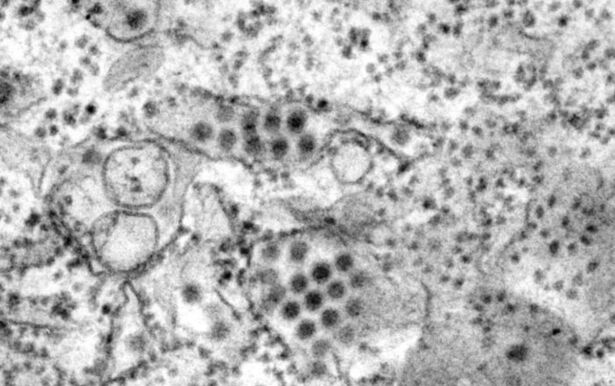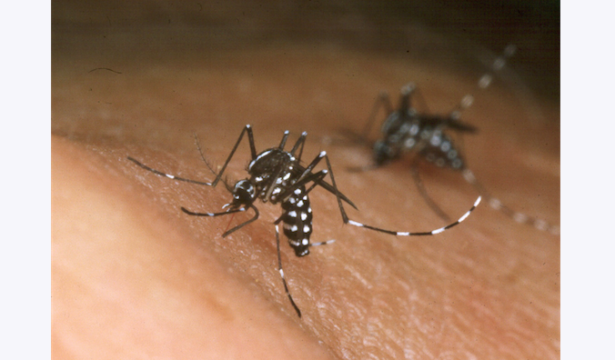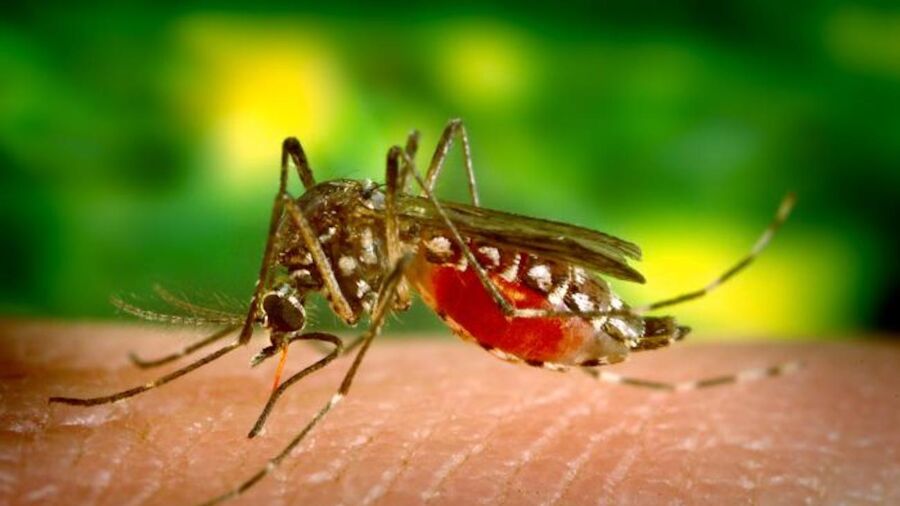Florida has issued a warning regarding dengue fever cases after a total of 10 locally acquired cases were confirmed in state this year.
The Florida Health Department said Broward County is now under a mosquito-borne illness alert until the end of the year. This come after two cases of dengue was confirmed to have been contracted in the county.
That’s according to the Florida Health Department’s latest surveillance report, which covered the week from July 30 to Aug. 5.
The other eight dengue cases were contracted in neighbouring Miami-Dade County at the southernmost tip of Florida, which is also under alert for the virus. Two of those had emerged in the week July 30-Aug. 5, while the other six appeared in June and July.
“In 2023, there are 2 locally acquired dengue case in Broward County. In 2022, there were 2 locally acquired dengue cases,” the alert reads.
“Dengue is spread by the bite of an infected mosquito and is not normally present in Florida. However, infected travelers can bring the virus back to Florida mosquitoes.”
According to the Florida Health Department’s surveillance report for 2023, so far, 190 dengue cases have been contracted by Florida residents within two weeks after traveling to other regions where dengue is endemic. Most of the cases—130—came from people who had traveled to Cuba (pdf).
Of the 190 dengue cases that were reported in counties across Florida, 43 cases were reported in the week spanning July 30-Aug. 5.
Symptoms and Treatment
Dengue, often referred to as breakbone fever, is the predominant viral infection transmitted from mosquitoes to humans.
Many individuals with dengue remain asymptomatic and heal within a couple of weeks. Yet a small percentage progress to severe dengue and necessitate medical attention in a hospital setting.
Mosquitos of the Aedes species (Ae. aegypti or Ae. albopictus) can spread dengue viruses through their bites, and are also responsible for spreading the Zika and chikungunya viruses.

The WHO had warned in late July that cases of dengue could reach record highs this year, noting that reported cases since the year 2000 have increased eight-fold, to 4.2 million cases in 2022.
About half of the world’s population is now at risk, Raman Velayudhan, a specialist at the WHO’s Control of Neglected Tropical Diseases department, told reporters in Geneva at the time.
“Dengue affects approximately 129 countries,” he added. “We estimate that about 100 to 400 million cases are reported every year. This is basically an estimate and the American region alone has reported about 2.8 million cases and 101,280 deaths.” He noted that there was concern about the southern spread of dengue to Bolivia, Paraguay, and Peru.

According to WHO, dengue fever “does not have a specific treatment and there is no direct drug intervention available,” but the disease is usually managed with fever and pain medications.
The WHO has stressed the importance of preventative measures, such as removing places where dead water can collect, spraying repellent around buildings, using mosquito coils, and sleeping under nets.
From The Epoch Times

